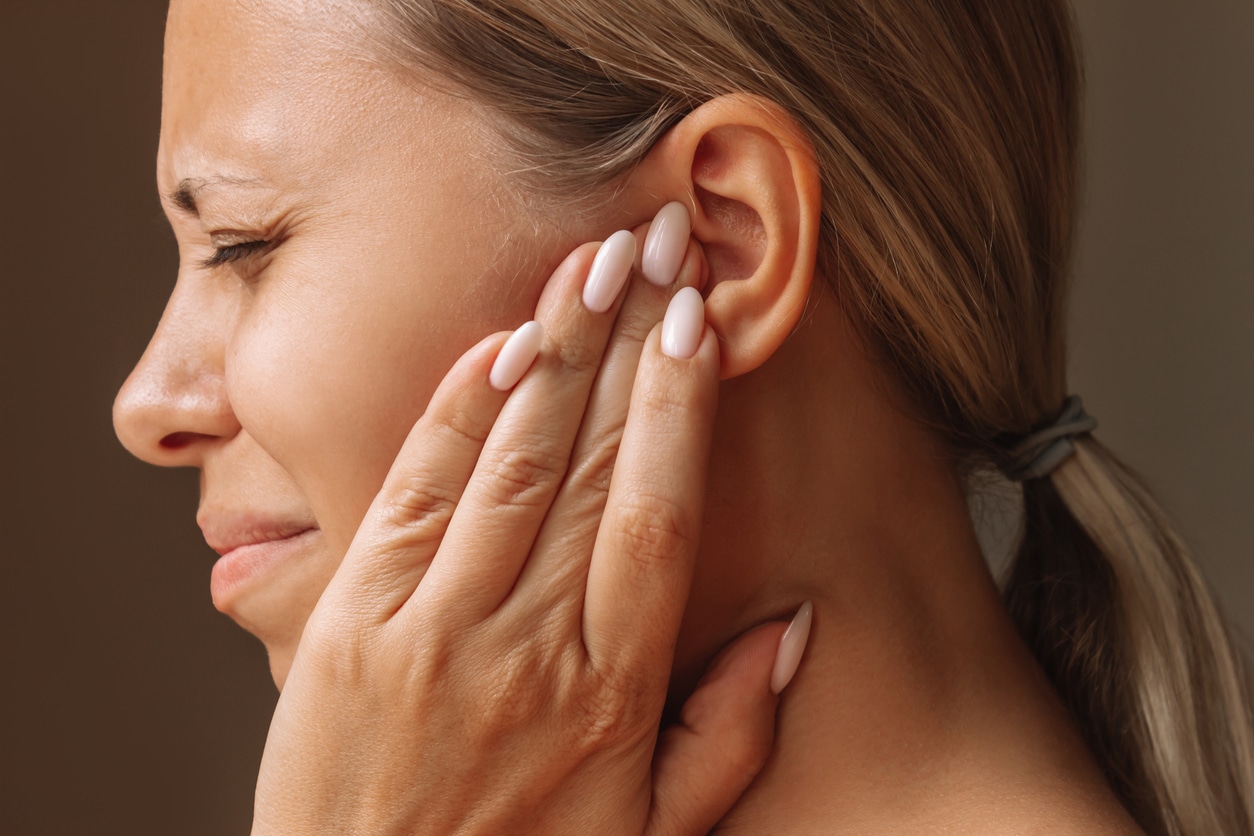Earwax, that sticky, yellow or brown substance in your ears, is produced by your body to trap dirt, slow the growth of bacteria and protect your ears from germs. Although earwax is generally self-regulating, there are instances where it can become blocked.
When Does Earwax Blockage Occur?

In most cases, earwax makes its way to the ear opening, where it falls out or is washed away as new wax replaces it. While a certain amount of earwax is normal, excess wax production or hard wax can build up and block the ear canal.
Earwax blockages may also arise when people do not practice good hearing aid care or try to remove earwax using cotton swabs or other small items.
How Can Earwax Blockages Affect Your Hearing?
When a bird chirps in Inwood Terrace Park, the sound waves travel through the outer ear and ear canal, leading to the eardrum. The sound waves vibrate the eardrum. The vibrations then travel to the inner ear, where they are transmitted as signals to the brain. The brain perceives these signals as sound.
Earwax blockages can cause hearing loss when they prevent sound from traveling effectively through the ear. While a certain amount of earwax production is normal, wax should be removed when it causes hearing loss, tinnitus, itching or pain.
How Can You Treat Earwax Blockages?
If you are experiencing hearing loss, tinnitus, itching or pain in your ear, schedule an appointment with an audiologist to check for earwax blockages or other issues.
If your provider finds an earwax blockage, they can remove the excess wax using a small, curved tool or suction techniques. In some cases, they may flush out the wax using a syringe filled with warm water or saline. If you have hard earwax, your provider may recommend medicated drops to help soften the wax and prevent blockages.
It is crucial to remember that you should never attempt to remove earwax at home using ear candling, cotton swabs or other small objects. Not only are these cleaning methods ineffective, but they can actually push wax deeper into the ear, leading to blockages, ruptured eardrums and more.
To learn more about removing earwax while protecting your hearing, contact Speech & Hearing Associates today to make an appointment with one of our specialists.